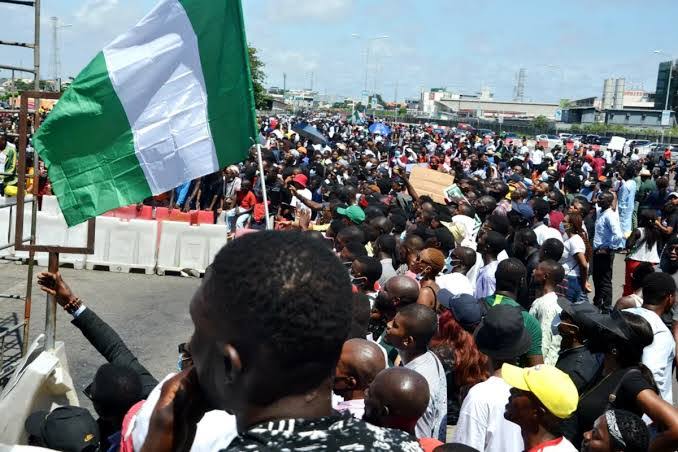Title: The Looming Shadow of Hardship Protests in Nigeria: Lessons from the Arab World
By Adamu Hussaini
As Nigeria teeters on the brink of economic collapse, the drums of hardship protests beat louder. The proposed demonstrations, aimed at expressing discontent with the government’s handling of the economy, may seem like a viable option for venting frustrations. However, it is crucial to consider the consequences of such actions, lest we repeat the mistakes of other nations.
The Arab Spring, which swept across the Middle East and North Africa in 2010, serves as a stark reminder of the devastating consequences of unchecked protests.
What began as peaceful demonstrations in Tunisia, Egypt, and Libya quickly escalated into full-blown chaos, resulting in:
– Regime changes that led to power vacuums and instability
– Widespread violence, displacement, and human rights abuses
– Economic collapse, with some countries still reeling from the aftermath
Read Also:
Nigeria, already grappling with insecurity, corruption, and economic woes, cannot afford to follow in these footsteps. The proposed hardship protests, if not managed carefully, may:
– Exacerbate existing security challenges, potentially leading to widespread violence
– Disrupt economic activities, further crippling the nation’s fragile economy
– Undermine the government’s efforts to address the country’s challenges, creating a power vacuum that could be exploited by nefarious elements
It is essential to acknowledge the grievances driving the calls for protests and engage in constructive dialogue to address them.
The government, civil society, and citizens must work together to find solutions to Nigeria’s economic woes, rather than resorting to actions that may have far-reaching, devastating consequences.
Let us learn from the experiences of the Arab world and chart a course that prioritizes peaceful, constructive engagement over destructive protests. The price of instability is too high for Nigeria to pay.
















